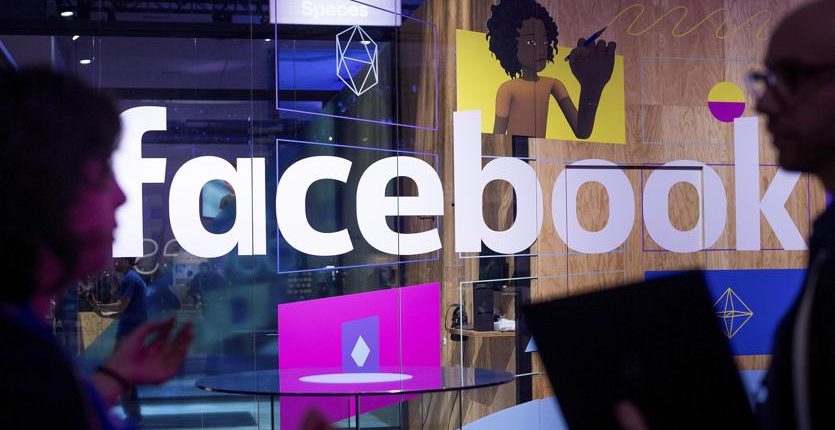Since 2016, when concerns first arose about Facebook’s role in spreading propaganda here in the United States, critics have asked: will Facebook devote a conference room to solving this issue?
Reader: the answer is yes. Take it away, Sheera Frankel and Mike Isaac:
Sandwiched between Building 20 and Building 21 in the heart of Facebook’s campus, an approximately 25-foot by 35-foot conference room is under construction.Thick cords of blue wiring hang from the ceiling, ready to be attached to window-size computer monitors on 16 desks. On one wall, a half dozen televisions will be tuned to CNN, MSNBC, Fox News and other major cable networks. A small paper sign with orange lettering taped to the glass door describes what’s being built: “War Room.”
Set to open next week, the conference room is in keeping with Facebook’s nick-of-time approach to midterm election preparedness. (It introduced a “pilot program” for candidate account security on Monday.) It’s a big project. Samidh Chakrabarti, who oversees elections and civic engagement, told the Times: “We see this as probably the biggest companywide reorientation since our shift from desktops to mobile phones.”
Of course, the effort extends beyond the new conference room. Chakrabarti showed the Times a new internal tool “that helps track information flowing across the social network in real time,” helping to identify misinformation as it goes viral or a surge in the creation of new (and likely fake) accounts. It sounds not dissimilar to CrowdTangle, the publisher tool that Facebook acquired in … November 2016.
Facebook continues to favor military metaphors for its election-security efforts. “War room,” as with “arms race” before it, flatters the company by painting it as an established superpower rather than a tech giant playing catch-up. But the framing is catchy, and pretty much every outlet used the language in its headline today, including this one.
Just as the Times story went up, Facebook held a call with reporters (including me) to recap some of its other efforts to bolster election security, and to say that it will encourage users to vote. This prompted some reporters to fulminate over not being invited into the war room, adding to its allure and mystery. I personally could not bring myself to get too worked up about it, having seen my share of Facebook conference rooms before today.
Now, would I welcome an opportunity to visit the war room, preferably during a state of frantic, meme-based warfare? I would. The offer stands.
Facebook is doing all of this election work out of a feeling of obligation to its user base. But what if it had a legal obligation to act in the best interests of its users? That’s the argument Jonathan Zittrain makes today in the Harvard Business Review, and it makes for thoughtful companion reading to the day’s war-room analyses.
Zittrain’s piece explores the question of whether social networks should become what Yale Law School’s Jack Balkin calls “information fiduciaries.” It’s an idea that has gained popularity in some quarters this year — Sen. Mark Warner included it in his July proposalsfor possible regulation of Facebook and other platforms. Zittrain describes it this way:
“Fiduciary” has a legalese ring to it, but it’s a long-standing, commonsense notion. The key characteristic of fiduciaries is loyalty: They must act in their charges’ best interests, and when conflicts arise, must put their charges’ interests above their own. That makes them trustworthy. Like doctors, lawyers, and financial advisers, social media platforms and their concierges are given sensitive information by their users, and those users expect a fair shake — whether they’re trying to find out what’s going on in the world or how to get somewhere or do something.
To Zittrain, the appeal of such a system — which could even be voluntary — is that it brings clarity to the question of what Facebook’s policies around privacy, content moderation, and other thorny issues are actually for. In the current regime, such policies seek to mitigate legal liability and bad public relations. Zittrain says that a world in which Facebook registers as an information fiduciary is one in which it can better align its users’ interests with its own.
In any case, it’s something to ponder while the conference room comes together.
See more: theverge.com









